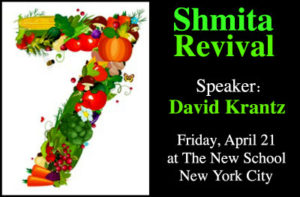Earth Etude for Elul 5 – Where Are We Going
by Thea Iberall, Ph.D. A while ago, I started writing a book that contained everything I had learned about love, life, Jewish ethics, and about making peace with the past. And I made up a science fiction world of bad things happening. And one day, my sister Norrie said,




